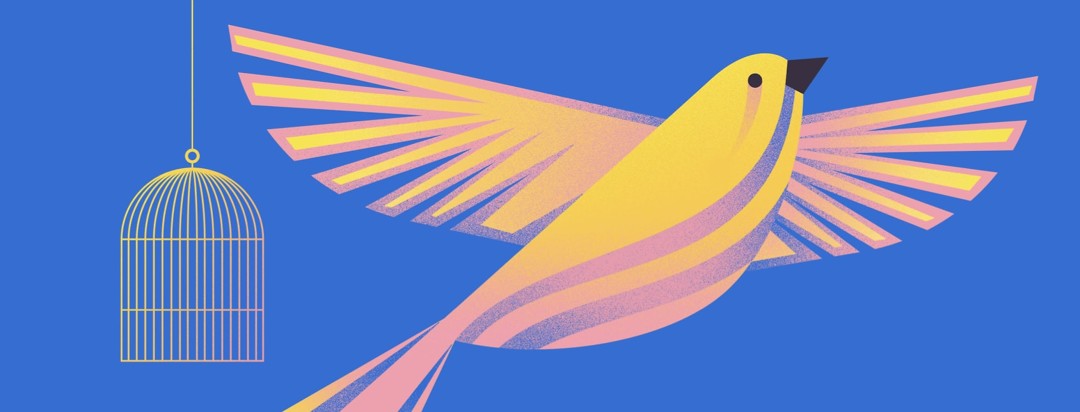What Does It Mean To Be Pain Free?
Having lived with awful head pain from the time I was still in daycare, I have grown accustomed to living in a less than ‘feel good’ state. I even sometimes question whether or not I really know what it's like to be pain-free. Has my pain tolerance grown so much that I think the numbness and tingling pain, or the exhaustion and grogginess in the aftermath of days-long migraine attacks is ‘good’ feeling? Certainly for me it is, compared to the full on, intense migraine pain that I feel often...but what about on its own? I mean, when waking up on most days with throbbing pain, being in the autopilot zombie mode that says to just take medication and push through to the next step, what is a pain-less day?
Encouraged by other advocates
I was so encouraged to read our contributor Katie’s article about feeling good with chronic pain compared to some of the worst days, and being able to say so without guilt. While my experience currently is one where I experience a lot of pain and discomfort daily, I find myself thinking during the few, brief moments of rest and relative relief, about whether or not I am ‘allowed’ to really be present in that relief. I know that the answer is a huge YES, but I do not always feel that way.
My migraines and other bodily pain have been rough lately. After I was in a car accident, everything seemed like it hurt all the time. I really started to feel as though ‘pain’ was my normal state of being, and stopped noticing any relief because if one thing stopped hurting, well another thing still did. Reading Katie’s article really prompted me to try to focus more on the ‘good’, on the relief I was gradually experiencing. Even if I feel doubtful about what relief truly can feel like, I shouldn’t feel impostor syndrome about the relief I am already experiencing, or as if I don’t really deserve to say I feel better if I do.
Pain and relief can take on differing forms
Sometimes migraine can cause physical pain, other times it can be emotionally draining, and yet in other times it can really affect my psychological well being. Between each, it can be really tempting to focus on all of the pain, on all of the bad, and forget about relief altogether. But I am finding being attentive to ‘good’ is an active occurrence, and it pays off for me. While I don’t know that I feel pain-free, I do notice clear differences in relief when I really think about how I feel.
For so long, my days just blurred together as long, endless, pain-filled sets of time with lots of activities to be done that couldn't be, lots of dreams that couldn't be met, lots of guilt, and lots of ‘giving in’ to migraine. I am trying really hard to separate and distinguish my time. I am also tuning more into my body, and turning off autopilot so that I am doing more than just thinking of the pain and how to get through it.
I have written before about the importance of taking note of the small things, the little joys that can make a big impact when it comes to offsetting chronic pain. It can be so easy to just fall into the routine of pain and treatment for me, and I have to actively work to notice the difference in how I feel, because it isn’t always just ‘less pain than before’. Sometimes, I really can feel ‘good’, rested, and well...not just comparatively. Sometimes that is just emotionally being uplifted, other times it comes from a really good nap. I have to remember that it isn’t all bad, and that even when in pain, I can feel ‘good’.
Do you struggle with noticing when things feel better? Let’s discuss in the comments!
Community Poll
Do you feel comfortable advocating for yourself to your healthcare provider?

Join the conversation